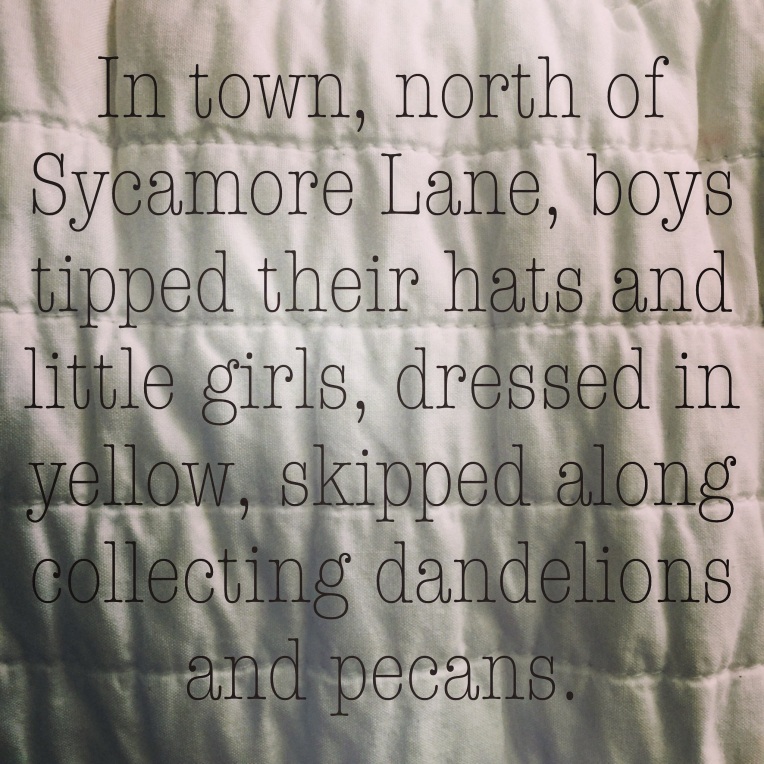I’ve just read the book Creativity, Inc., by Ed Catmull (of Pixar). First of all, I’ll just say that the book was fascinating.
I want to include an excerpt that I find intriguing – especially when I apply it to my own creative pursuits.
“For most of us, failure comes with baggage–a lot of baggage– that I believe is traced directly back to our days in school. From a very early age, the message is drilled into our heads: Failure is bad; failure means you didn’t study or prepare; failure means you slacked off or – worse! – aren’t smart enough to begin with. Thus, failure is something to be ashamed of. This perception lives on long into adulthood, even in people who have learned to parrot the oft-repeated arguments about the upside of failure. How many articles have you read on that topic alone? And yet, even as they nod their heads in agreement, many readers of those articles still have the emotional reaction that they had as children. They just can’t help it: That early experience of shame is too deep-seated to erase. All the time in my work, I see people resist and reject failure and try mightily to avoid it, because regardless of what we say, mistakes feel embarrassing. There is a visceral reaction to failure: it hurts.
We need to think about failure differently. I’m not the first to say that failure, when approached properly, can be an opportunity for growth. But the way most people interpret this assertion is that mistakes are a necessary evil. Mistakes aren’t a necessary evil. They aren’t evil at all. They are an inevitable consequence of doing something new (and, as such, should be seen as valuable; without them, we’d have no originality). And yet, even as I say that embracing failure is an important part of learning, I also acknowledge that acknowledging this truth is not enough. That’s because failure is painful, and our feelings about hits pain tend to screw up our understanding of its worth. To disentangle the good and the bad parts of failure, we have to recognize both the reality of the pain and the benefit of the resulting growth.
Left to their own devices, most people don’t want to fail. But Andrew Stanton isn’t most people. As I’ve mentioned, he’s known around Pixar for repeating the phrases ‘fail early and fail fast’ and ‘be wrong as fast as you can.’ He thinks of failure like learning to ride a bike; it isn’t conceivable that you would learn to do this without making mistakes–without toppling over a few times. ‘Get a bike that’s as low to the ground as you can find, put on elbow and knee pads so you’re not afraid of falling, and go,’ he says. If you apply this mindset to everything new you attempt, you can begin to subvert the negative connotations associated with making mistakes. Says Andrew: ‘You wouldn’t say to somebody who is first learning to play the guitar, “You better think really hard about where you put your fingers on the guitar neck before you strum, because you only get to strum once, and that’s it. And if you get that wrong, we’re going to move on.” That’s no way to learn is it?'” – Ed Catmull Creativity, Inc.
I realize that’s a long quote. It’s a 500-word quote! Okay. It’s not a quote, it’s an excerpt. But I love it. Really. Reading this book made me think, How can I get a job at Pixar. I want to be a part of the Braintrust… – Okay. That’s beside the point.
I love this quote because I’m afraid of failure.
Wait. Scratch that. I’m not afraid of failure. I’m afraid of rejection. Fear of failure plays into that because I am afraid that If I fail, then I’ll be rejected as a human being.
I need to address this fear the right way.
1) There is always a chance that I’ll be rejected. This has no bearing on my value or worth as an individual. I need to stop worrying about that.
2) Worrying about failure is actually causing me to fail worse than if I would accept failure, and then fail as quickly as I can.
Recently, I started writing a short story. I am not sure exactly where it’s going, but I know that I want it to be about anger and surfing. I’ve been troubled by writing this even though I really like the themes/questions that I want to answer by writing this piece.
I think that I’m having a hard time writing it because it is hard work, and I’m worried I won’t do a good job answering the question. So I waffle and put off writing. The thing is, by waffling, I’m still not answering the question.
So – today, I embraced the idea of failure. Failure means I’m progressing. Do I love it? No. Do I get a little pissed off when things aren’t really going the way I think that I want them to? Yes. But, these failures all add up to success later. I can’t expect to ride a bike without falling down a few times. It’s okay to make a mistakes. It’s okay to fail. I will just keep propelling myself forward, and when I fail, I’ll use those experiences to keep moving.
What do you do to stave off the fear of failure? How has failure benefitted you in your creative endeavors?
